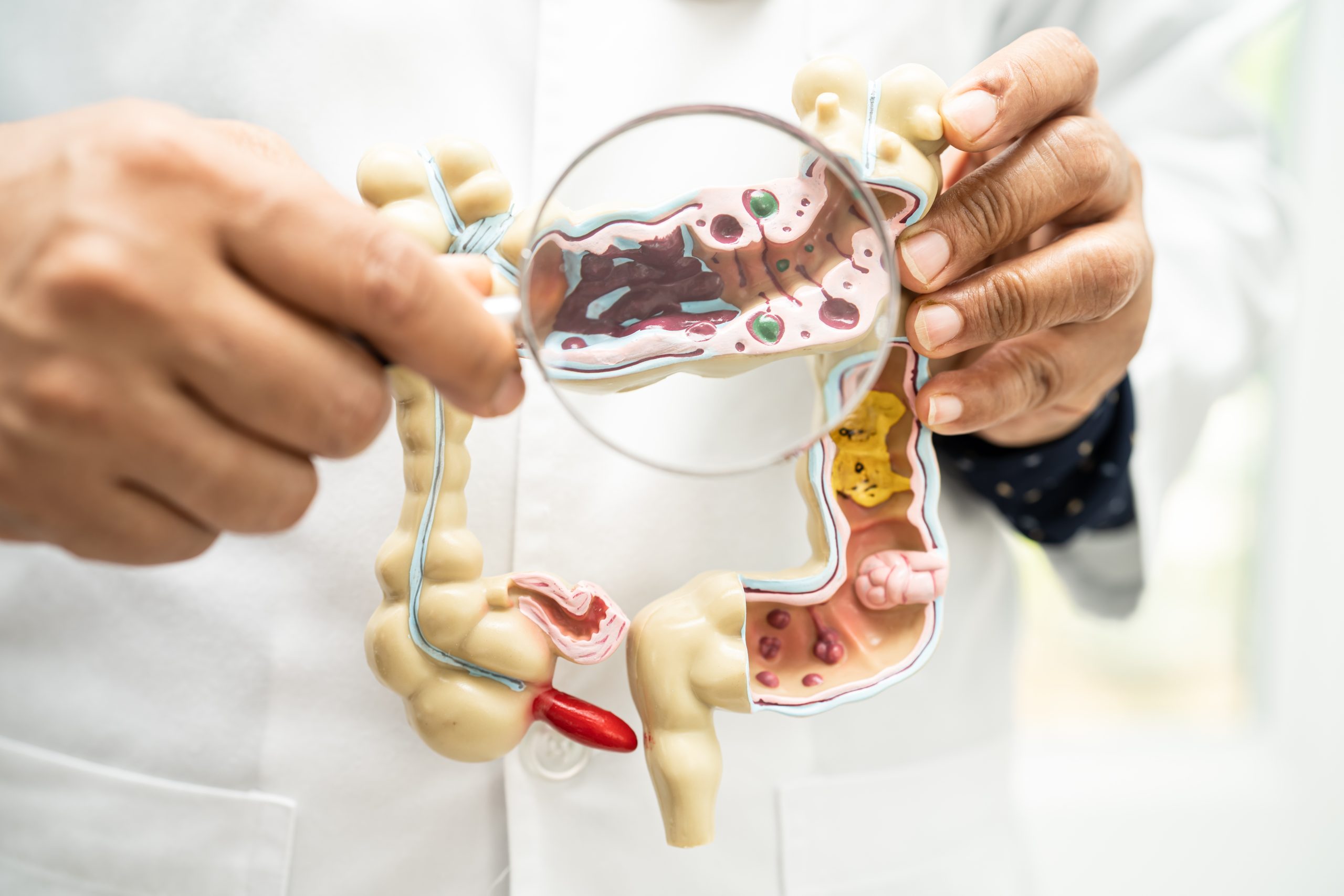Gut Microbiome: Role of Probiotics in Human Health

| Gut Microbiome: Role of Probiotics in Human Health | |
|---|---|
| Course Description | This course explores the role of the gut microbiome in human health and disease, focusing on the ecological principles, physiological impacts, and therapeutic potential of probiotics and prebiotics. Through engaging lectures and laboratory experiments, students will gain insights into how the microbiome influences overall health and strategies for its modulation in clinical and industrial settings. |
| Recommended Books | 1. The Human Microbiome, Diet, and Health by Food and Nutrition Board 2. Gut: The Inside Story of Our Body’s Most Underrated Organ by Giulia Enders 3. The Mind-Gut Connection by Emeran Mayer |
| Course Learning Outcomes | After completing this course, students will: 1. Understand the ecological principles of the human gut microbiome. 2. Assess the influence of the microbiome on human health and disease. 3. Analyze tools and techniques for studying and modifying the gut microbiota. 4. Explore the therapeutic and nutritional potential of probiotics and prebiotics. |
| Assessment System | Quizzes: 10-15% Assignments: 5-10% Midterms: 30-40% End Semester Exam: 40-50% |
| Lecture Plan | ||
|---|---|---|
| S.No. | Description | Quizzes/Assignment |
| 1 | Introduction: Human Superorganism and Evolution of the Microbiome | Quiz 1 |
| 2 | Ecological Principles of Microbiomes and Early-Life Microbial Development | Assignment 1 |
| 3 | Food Processing and Its Impact on the Gut Microbiome | |
| 4 | Bioactive Food Components and Gut Microbiota Interaction | Quiz 2 |
| 5 | Gut Microbiome in Human Diseases: IBS, IBD, and Obesity | |
| 6 | Effect of Antibiotics and Medical Practices on Gut Microorganisms | Assignment 2 |
| 7 | Laboratory: Isolation and Identification of Gut Microbes (Gram Staining, Biochemical Tests) | |
| 8 | Laboratory: Molecular Identification Using PCR of Gut Microbes | Quiz 3 |
| 9 | Laboratory: Sequencing and Data Analysis of Gut Microbial DNA | |
| 10 | Pharmaceutical and Dietary Modulation of the Gut Microbiota | Assignment 3 |
| 11 | Industrial Applications: Gut Microbiome Engineering and FDA Framework | |
| 12 | Innovative Approaches: Fecal Microbial Transplantation and Diet-Based Solutions | Quiz 4 |
| 13 | Case Studies: Role of Gut Microbiome in Metabolic Pathways | |
| 14 | Future Trends: Global Microbiome Conservation and Industrial Solutions | Assignment 4 |
| 15 | Project Presentations and Final Feedback | |
